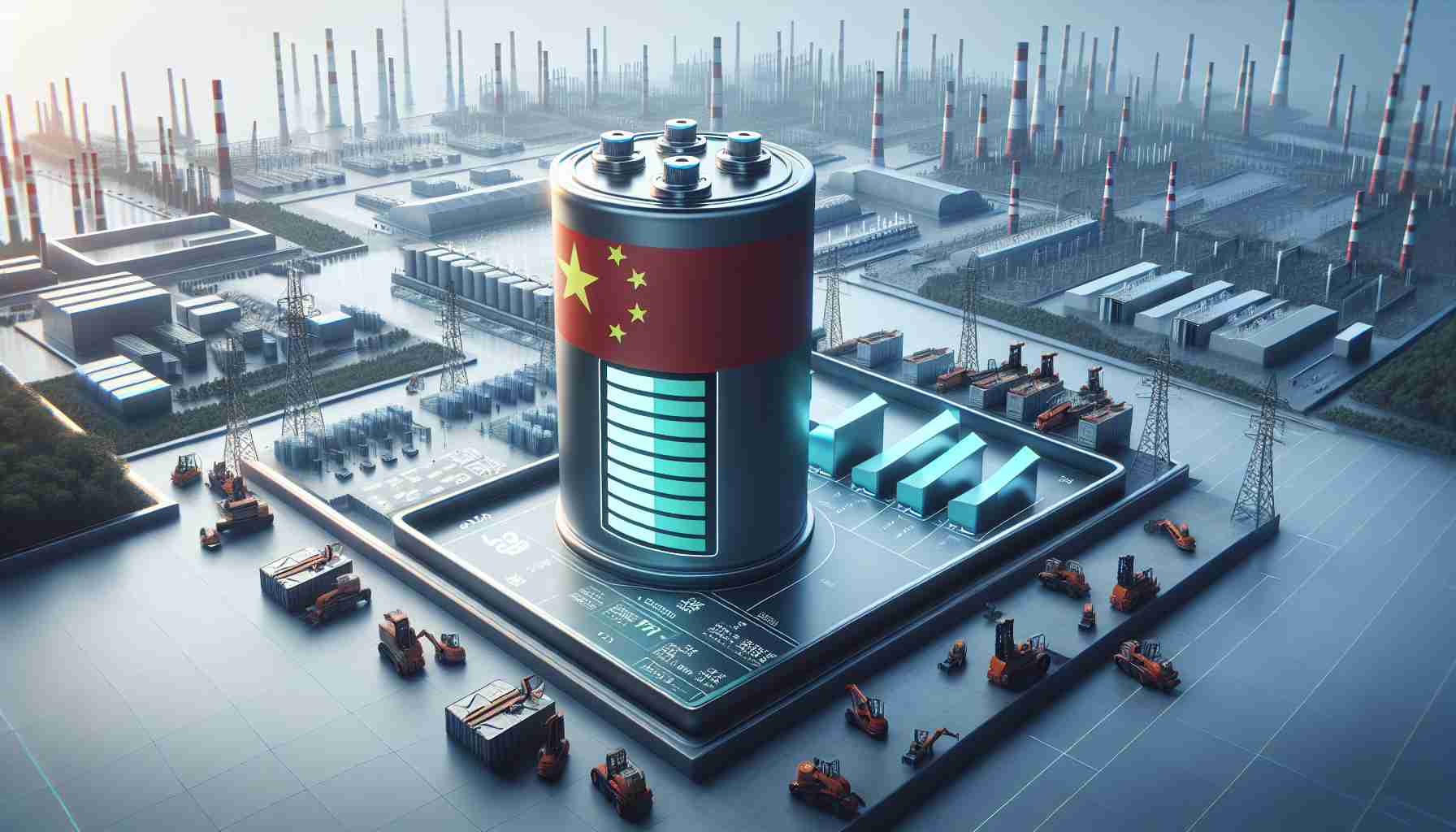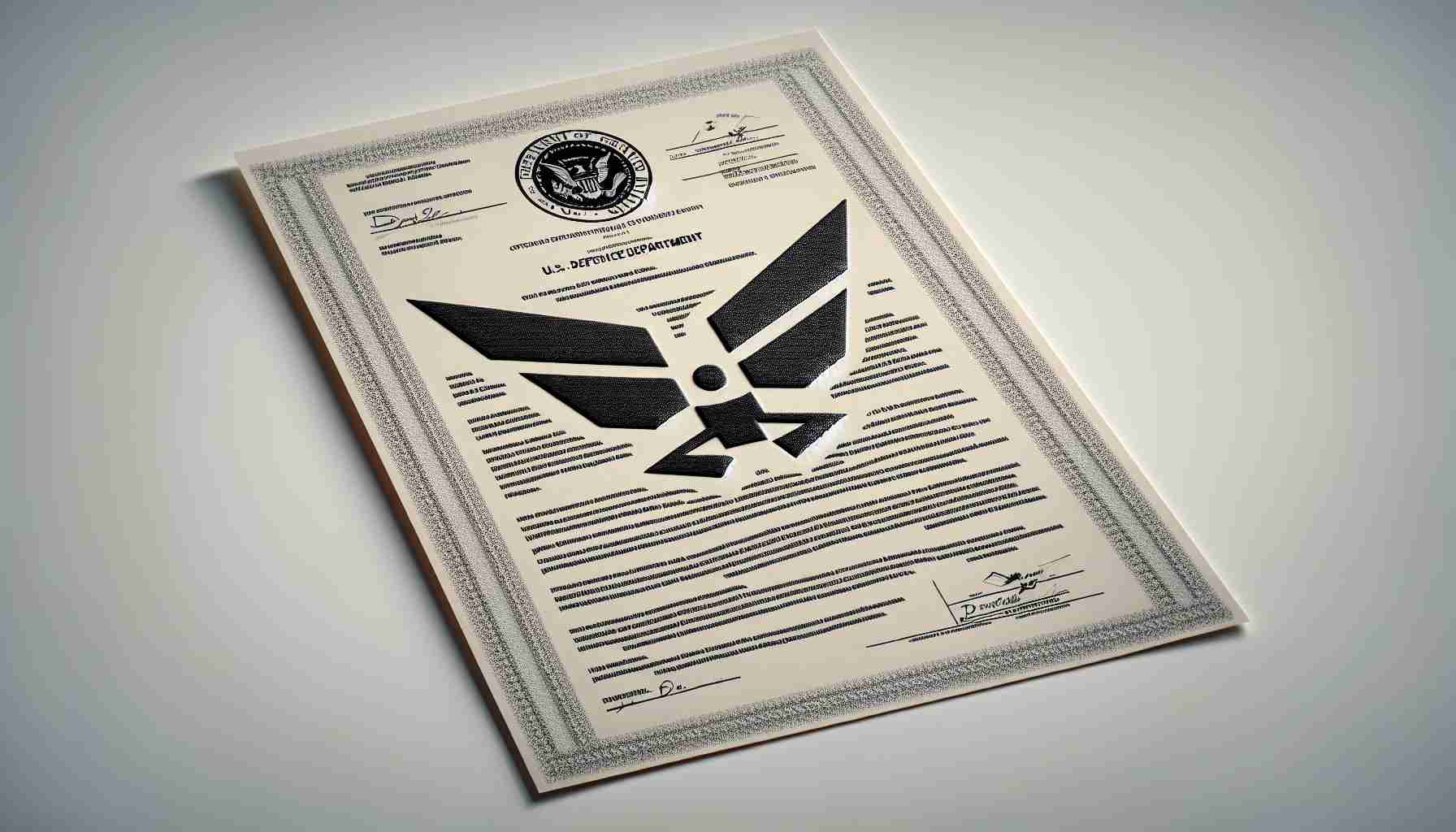In August, analysts from the U.S. Department of Homeland Security (DHS) alerted local agencies about potential economic risks stemming from American reliance on Chinese-made utility storage batteries. They highlighted the possibility that an overdependence on these products could hinder the establishment of a secure domestic supply chain for energy storage solutions.
An internal report, revealed by the transparency group Property of the People, emphasized that several prominent Chinese companies, such as Contemporary Amperex Technology Co. (CATL) and BYD, have gained significant market share in the U.S. energy storage sector through government support. The report specifically points out that these firms hold substantial advantages due to their state-backed initiatives, allowing them to penetrate the U.S. market quickly.
As of now, CATL and BYD command major shares of the global battery market, complicating the quest for alternative suppliers within the country. In a proactive move, the U.S. government has initiated efforts to bolster its own battery production capacity. Incentives aimed at fostering domestic manufacturing include provisions from the Inflation Reduction Act and substantial grants to boost local energy storage projects.
Amidst growing concerns regarding national security and economic integrity, Washington is reevaluating its dependency on Chinese battery technology. As the demand for renewable energy continues to rise, so does the importance of developing robust battery storage systems to ensure energy reliability in the United States.
Concerns Over Chinese Dominance in Energy Storage Batteries
The growing global emphasis on renewable energy has highlighted the crucial role of energy storage batteries, especially as nations aim to balance supply and demand effectively. However, the dominance of Chinese companies in this sector poses several challenges and controversies, igniting a dialogue on both economic implications and national security concerns.
What are the key concerns regarding Chinese dominance in the energy storage battery market?
The primary concern is the overreliance on Chinese manufacturers like Contemporary Amperex Technology Co. (CATL) and BYD for critical energy storage components. This dependence could jeopardize the stability of supply chains vital for the transition to renewable energy. Furthermore, as these companies hold a significant portion of the market, there’s apprehension that they can dictate prices, impacting overall energy costs in the U.S.
What are the challenges associated with transitioning to U.S.-based battery manufacturers?
One of the key challenges is the existing technological gap. Chinese manufacturers have leveraged years of state-supported research and development, resulting in advanced manufacturing processes and economies of scale that U.S. companies currently struggle to match. Additionally, the U.S. faces regulatory hurdles and the slow pace of establishing domestic production capabilities, which could delay a full-scale transition.
Advantages and Disadvantages of Internalizing Battery Production
The U.S. efforts to enhance domestic battery production have several advantages. Firstly, it would reduce vulnerability to foreign supply chain disruptions, thereby strengthening national security. Secondly, investment in local manufacturing could lead to job creation and economic growth. However, this transition also presents disadvantages. Initial investments are substantial, and the timeframe required to build a competitive domestic industry may hinder immediate energy storage needs.
What is the impact of geopolitical tensions on battery supply chains?
Geopolitical tensions can exacerbate existing vulnerabilities in the supply chain. Ongoing conflicts and trade disputes could impact the import of raw materials essential for battery production, such as lithium and cobalt, which are predominantly sourced from foreign countries. This situation necessitates the development of alternative strategies, including domestic mining and recycling initiatives.
Are there any recent developments in U.S. policy aimed at addressing these concerns?
Yes, recent initiatives have emerged from the U.S. government to address these challenges. The Inflation Reduction Act includes incentives for domestic battery production, while the Department of Energy has pledged significant funding for companies developing new battery technologies. These policy measures aim to encourage innovation and reduce reliance on foreign manufacturers.
Conclusion
As the energy landscape continues to evolve, the challenges posed by Chinese dominance in the energy storage battery market highlight the need for strategic planning and investment in domestic capabilities. Ensuring a self-sufficient and resilient energy storage sector is vital not only for economic stability but also for national security.
For more detailed insights, you can refer to these sources:
U.S. Department of Energy
Reuters
Bloomberg
The source of the article is from the blog queerfeed.com.br




